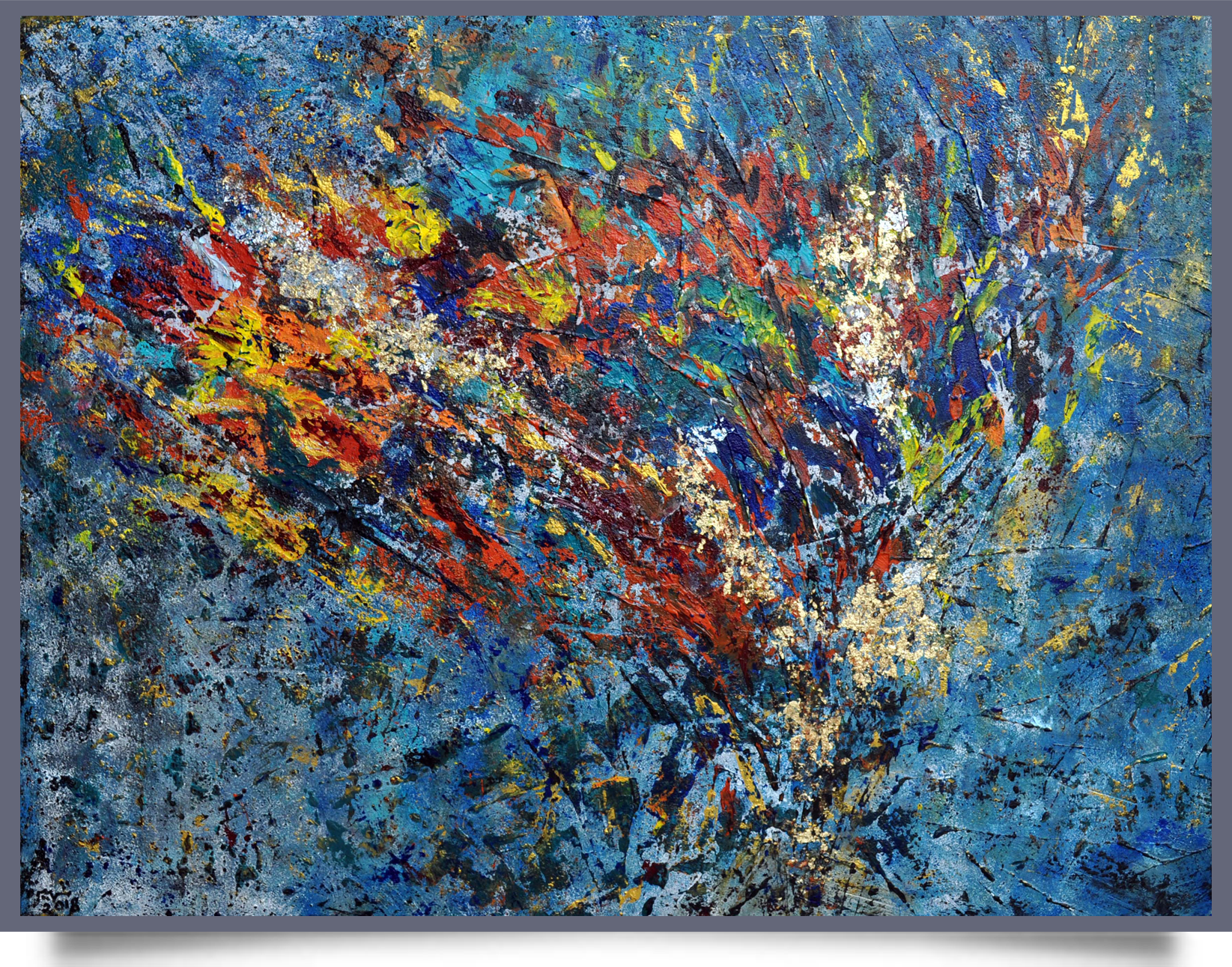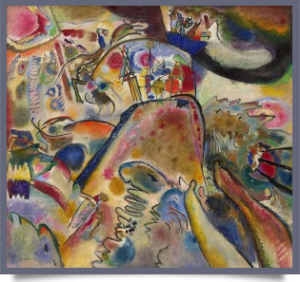Trauma, Treatment and Recovery
Trauma: What is it?
 It is a word that we all use but may not have thought about too much. Trauma is a term that was introduced to psychology from medicine, where it’s contemporary meaning is closely akin to it’s Greek origins: ‘wound’.Psychological trauma is a wounding to the psyche.
It is a word that we all use but may not have thought about too much. Trauma is a term that was introduced to psychology from medicine, where it’s contemporary meaning is closely akin to it’s Greek origins: ‘wound’.Psychological trauma is a wounding to the psyche.
We have all had many bad experiences, however, they aren’t all necessarily thought of as traumatic. Being cautious to not over-simplify, we could differentiate traumatic experiences from other bad experiences by the presence of overwhelm. Overwhelm is just as it sounds, it’s a case of ‘too-muchness’. When we experience too much of certain things, like too much fear, shame, shock, confusion, threat or stress our psychological self and/or our bodily self experiences this as a threat (either psychic or physical) and partially closes down to protect itself.
It can happen in a life-and-death situation, or where there is a lesser physical threat, but it’s important to know that it can also happen when there is too much shame, as just one example. We can also experience overwhelm when we are physically safe, but we see something horrific, like a car accident, or serious injury. Again, we can be overwhelmed when we are physically safe but psychologically threatened, or even when the threat does not seem so great to others. There are many factors that determine what might lead to trauma and overwhelm. There is so much variation because everyone has different capacities, which change over the course of a life. Unfortunately overwhelm also happens much more easily when we are younger.
In situations where we experience too much of certain qualities, we automatically initiate a psychological and neurological process of closing down our processing, In those moments where knowing everything and/or feeling everything would be too much, we simply start to shut down. You could say it is Natures way of keeping us safe. Quite often we don’t realise that we have done this.
What happens to us?
Because of this shut down the mind-brain-body is unable to properly process new experience which leads to registration without processing. This in-the-moment compromise is designed to ensure psychological survival but leaves a clump of undigested intolerable emotion ( intolerable because it leads to overwhelm) sitting in the system. We all naturally dissociate in these cases, pushing that cluster of energy and information out of awareness, but not out of the personality. So it’s there, but you tend to forget about it. We literally reorganise our self perception! Unfortunately it doesn’t go away. Popular culture would have us believe that it only comes back in a ‘flashback’. Whilst it certainly can be like that, on closer inspection however, we see that it’s ‘there’ all the time. It turns up most commonly as anxiety, anger and depression, but it can take many forms, including chronic pain.
Traumatic experience does not always lead to Post Traumatic Stress Disorder. Whilst this is an area of ongoing study (aetiology and prevalence etc), most of the time, the effect of most traumatic experiences will dissipate in weeks to months. You might experience the initial Acute Stress Disorder, but still not develop PTSD. However, you might not have much of a response at all, only later to develop PTSD.
Whatever your are going through, remember you don’t need a diagnosis to get treatment.
What about treatment?
 Effective trauma therapy should be a multi-layered and multi-phased approach and it needs to entail a specific skill set to bring about ‘safety as a felt experience’, to reduce dissociation, to process strong emotion and body sensations as well as a range of fears, beliefs and attitudes, many of which are well and truly outside of awareness. Whatever your experience was, your whole mind-brain-body will be reacting, so you’ll need a therapeutic approach that can safely address all affected levels.
Effective trauma therapy should be a multi-layered and multi-phased approach and it needs to entail a specific skill set to bring about ‘safety as a felt experience’, to reduce dissociation, to process strong emotion and body sensations as well as a range of fears, beliefs and attitudes, many of which are well and truly outside of awareness. Whatever your experience was, your whole mind-brain-body will be reacting, so you’ll need a therapeutic approach that can safely address all affected levels.
Beyond that, a full treatment protocol would help disentangle and resolve the broader connections to the personality. This is because traumatic themes also gradually become part of a person’s identity. Hence, they need specialised attention to the intersection of trauma themes and pre-existing unconscious organising themes.
Specific skills, protocols and understandings are then required to transform the traumatised clusters or parts of ourselves.
These traumatised clusters can be thought of as bundles of memory, emotional energy, beliefs, and expectations about ourself and others that are imprinted with trauma(s).
A good treatment will enable the practitioner to help you find safety, discharge the energy and emotion, disentangle the story, unhook the underlying beliefs and perhaps most importantly deeply remind you that you are a survivor, in the best sense of that word. That what ever you went through, no matter how effected you seem to be, you made it through, you found what it took to get through. Before your treatment, this might not seem like much, but after you have been released from your past, this will emerge as an incredibly important and positive aspect for your recovery.
Eye Movement Desensitisation and Reprocessing as part of a relational Psychodynamic trauma oriented therapy seeks to do just this. Traumatised parts of a person, or ‘clusters’, are resolvable, dissolvable, and they release energy, freeing you from their ‘gravity’, which is their tendency to keep bringing you back to the same traumatic patterns. The consequence of this, combined with being put back in touch with those positive parts of yourself that became so hard to access along the way helps tremendously with your future resilience, and your current joy and presence.
If you’ve had enough of putting up with your struggles, symptoms and the scars of your life, then consider making a booking to see someone who is skilled and experienced in this field for a non-judgemental discussion and assessment. Making a call to an experienced professional who’ll take your issues seriously can be a huge relief and can offer a pathway forward where you never saw one before.
Julian Zanelli has an office in Bowral, at the Boolwey Centre, 10a Boolwey st Bowral, and practices online. You can reach him on 02 9067 2724 or via the ‘Contact’ page of this website.
To discuss further or to make an appointment,
Call (02) 9067 2724, 10 A Boolwey St Bowral, NSW and Online
and ask for Julian Zanelli

